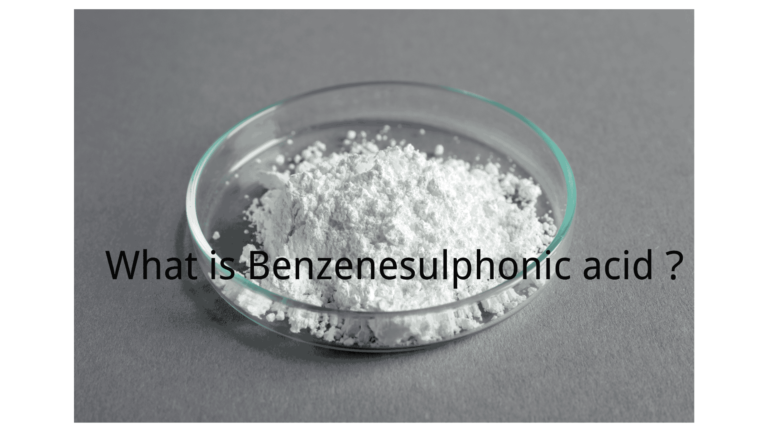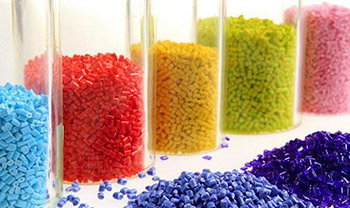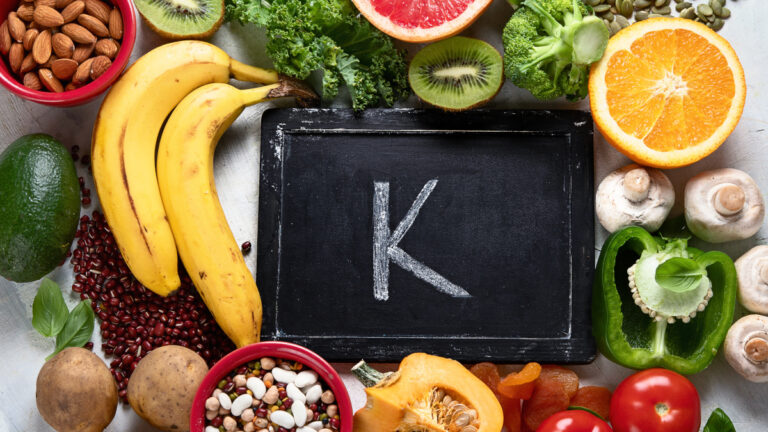Another long-term application track for green methanol – Fatty Alcohol
Fatty alcohols have a wide range of applications, including detergents, cosmetics, medicines, etc. They can also be used as additives for lubricating oils and antistatic agents for textiles. Data shows that the global scale of fatty alcohols will be nearly 55 billion in 2023, and it is expected that the global scale will continue to rise in the next few years.
Fatty alcohols in traditional processes can be divided into synthetic alcohols and natural alcohols according to the source of raw materials. Natural fatty alcohols are produced from natural animal and vegetable oils and fats through saponification, acidolysis, distillation and other process steps; while synthetic fatty alcohols are obtained from petroleum through refining, cracking and synthesis processes. Since natural fatty alcohol raw materials are easy to obtain, the process is mature and the cost is low, it is the main production process. However, the production process of natural fatty alcohol will produce a large amount of wastewater and waste, which puts great pressure on environmental protection. Of course, the traditional petroleum-based fatty alcohol synthesis process faces the problem of carbon emissions.
For this reason, global fatty alcohol production capacity is mainly concentrated in major palm oil-producing countries such as Malaysia, Indonesia, and Thailand, while petroleum-based high-grade fatty alcohol production capacity is mainly distributed in North America and Western Europe. Major global production companies include BASF, Dow, and KLK of Malaysia. Oleo, Emery and IOI Group, etc. Faced with environmental pressure, the China production of fatty alcohols is relatively concentrated, with major production companies including Jiahua Energy, Shengtai Technology and Deyuan High-Tech.
On one side is the pressure of environmental protection, and on the other side is the pressure of carbon emissions. Obviously, except for a few high-end application fields, it is not suitable to replace the production capacity of natural fatty alcohols with petroleum-based synthetic fatty alcohols. The synthesis of fatty alcohols based on green and low-carbon methanol bioconversion is a long-term growth track.
It is reported that in 2023, the team of Zhou Yongjin, a researcher at the Institute of Chemistry, Chinese Academy of Sciences, made new progress in the research on methanol bioconversion. The team coupled methanol utilization with fatty alcohol biosynthesis through metabolic pathway compartmentalization in methanol yeast, significantly improving the biosynthetic efficiency from methanol to fatty alcohols. Relevant results were published in the Proceedings of the National Academy of Sciences.







